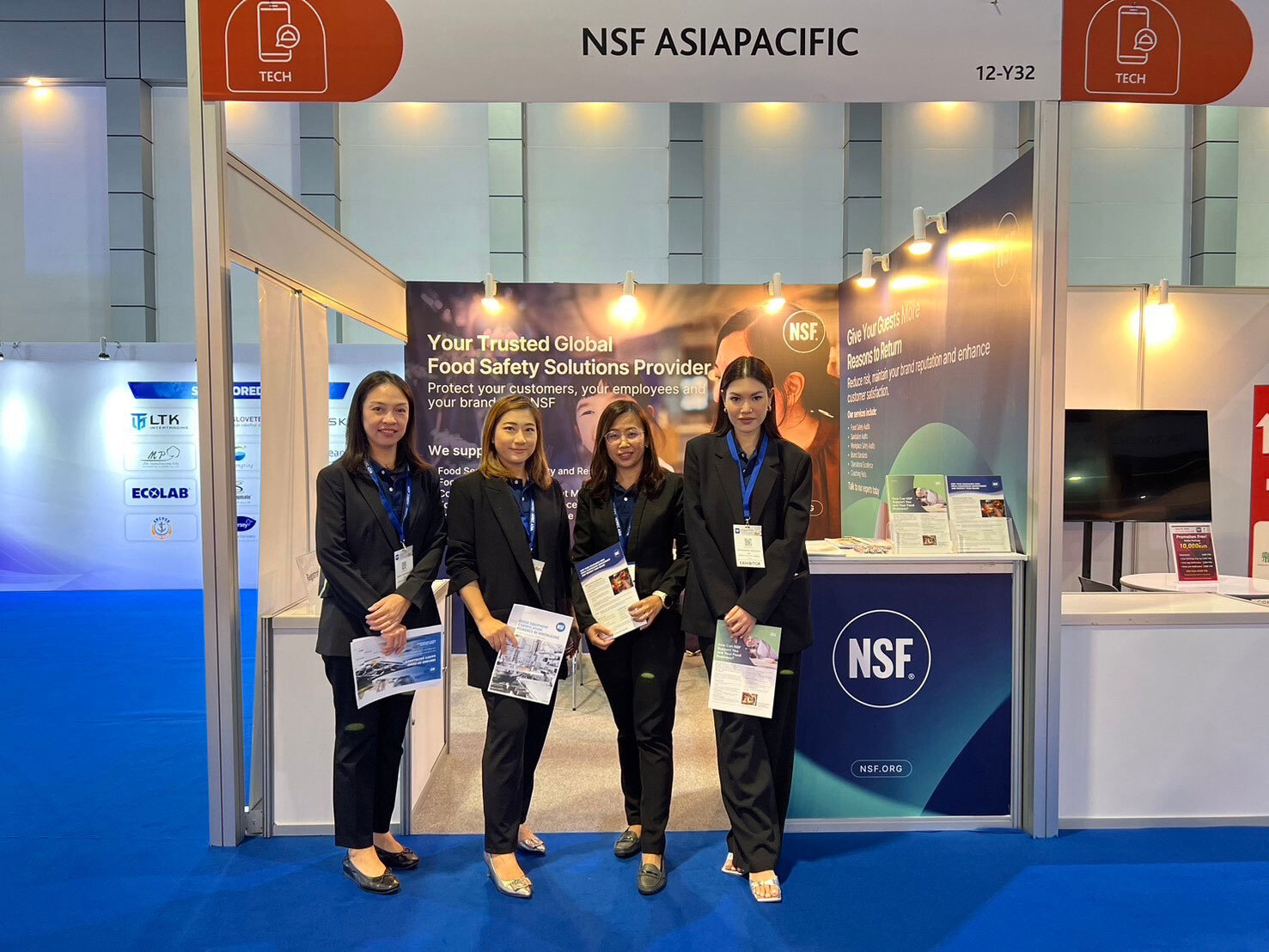ISO 21469: Exploring NSF’s New Route to Certification

Across NSF, we take the concept of continual improvement seriously. In fact, it’s hardwired into many of the standards we offer. When it comes to the programs for nonfood compounds, we’re also focused on continually improving our systems and processes for our clients. One of the largest categories of nonfood compounds is H1 food-grade lubricants, and our ISO certification program has recently been updated.
Since 2008, we’ve been pioneers in providing ISO certification for food-grade lubricants. These are typically oils, greases and sprays used in food production facilities to ensure that processing equipment works efficiently and effectively. Quite literally, they keep the wheels turning!
NSF’s ISO 21469 certification program is based on the international standard ISO 21469:2006, “Safety of machinery - Lubricants with incidental product contact ‐ Hygiene requirements.” Now that the route to certification has been updated, the timeline for certification should be quicker, enabling clients to focus more on growing their business and less on paperwork.
“ISO 21469 is the gold standard in food-grade lubricants. The updated process is more intuitive and makes clients’ ISO-certified products more visible to their customers, so they can maximize the marketability of those products.”
— Sam Cole, Director, Product Certification, Food Contact Evaluations
What's New?
- Newly ISO-certified products will be listed in the NSF White Book™, increasing market exposure for clients and offering ease of verification to their customers.
- There’s a new application form that saves time and removes complexity.
- Updated formulation review requirements mean a lower initial qualification cost and less paperwork.
- The simplified risk assessment template is shorter and more intuitive to complete.
- New product-level certificates will be issued, giving end users greater confidence in the products.
What Are the Benefits of ISO 21469 Certification?
ISO 21469 certification is often considered a step up from NSF registration.
- It goes beyond NSF nonfood compound registration by adding assurance through 100% product testing and an annual inspection of each manufacturing facility.
- Includes a thorough risk assessment that helps the manufacturer identify and address areas of contamination throughout the product life cycle.
- If you are selling food-grade lubricants in Brazil, you need ISO 21469 certification. It’s the law!
- Includes a listing in the NSF White Book, the definitive list of nonfood compounds for the food industry, providing ease of verification to end users.
- Also recognized in the pharmaceutical, cosmetics and pet food industries, giving you potentially greater market reach.
- A truly global certification that’s based on an international standard recognized around the world.
How Is ISO 21469 Certification Different From H1 Registration?
Ready to Begin the Process?
Contact us with questions or to receive a quote.
Food-Grade Lubricants and ISO 21469 Certification
How NSF Can Help You
Get in touch to find out how we can help you and your business thrive.

What’s New with NSF

NSF Shanghai Named Critical Site for NSF/ANSI 455 and NSF/ANSI 173 by ANSI National Accreditation Board
July 26, 2024
NSF Takes Center Stage at NEHA Annual Education Conference
July 25, 2024
NSF Asia Pacific Showcases Hospitality Solutions at THAIFEX HOREC Asia 2024 in Bangkok, Thailand
July 4, 2024
